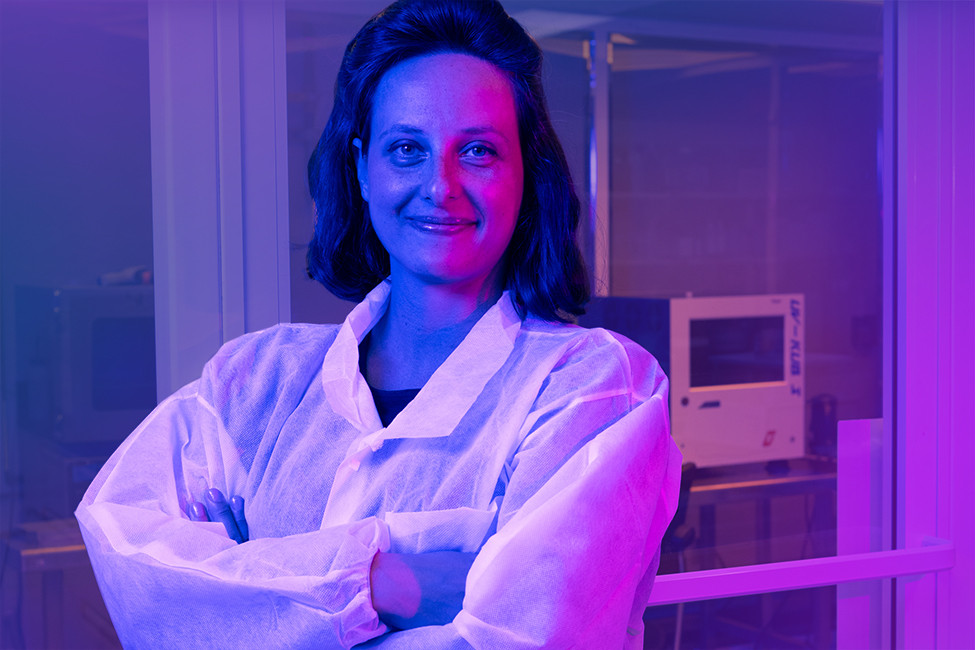ARKANSAS TECH BOOM: Biomedical Engineering
By Arkansas Next on Monday, October 25, 2021
Asya Ozkizilcik is a postdoctoral fellow for the Department of Biomedical Engineering at the University of Arkansas. Her research is focused on two primary areas, but for two vastly different parts of the human body.
Ozkizilcik majored in biology as an undergrad when she attended Ege University in Bornova, Turkey before focusing on biomedical engineering for her graduate degree. She completed her Ph.D. research at the University of Arkansas by studying how nanotechnology could be used to deliver medicine to treat Alzheimer’s disease.
“When I jumped from biology to bioengineering, I realized how much more I liked using my problem-solving skills,” Ozkizilcik says. “...with engineering, you add your problem-solving skills to find the root of the problem.”
With every stage of her research, she is constantly solving new problems. For the heart valve replacements, she must figure out how to replicate the environment where the heart valve replacements would be placed and uses nanotechnology to manipulate individual atoms and molecules on a small scale to try to synthesize a suitable replacement for the valve that won’t calcify.
Ozkizilcik is also working on microfluidic devices, making a chip that mimics the blood-brain barrier, a thin micro-perforated wall that keeps foreign materials from damaging the brain. When this barrier is damaged, like in a car accident or gnarly tackle on the football field, it can traumatically injure the brain. The device that she has created is used to mimic the blood-brain environment and test their hypothesis on exactly how the damage is done on the cellular level. Once they understand that, they can figure out how to deliver medicine to the affected area.
“I like touching all of the fields,” Ozkizilcik says. “They all cross over at the same parts. They all use your problem-solving skills or analysis. So, if you have a more broad background, you can think wider and have more ideas for more problems.”
Asya uses nanotechnology to develop biomaterials for heart valve replacements, as well as to build microchips that will lend a better understanding of how traumatic injuries affect the brain.
If you think this job is cool…
You’ll need a bachelor's degree in: Bioengineering or biomedical engineering
You could make this kind of money: The median annual salary for a biomedical engineer is $92,620 in the U.S.
You might also like these jobs: Medical scientist, chemical engineer, logistics engineer, industrial engineer, photonics engineer, biochemist, biophysicist
Source: careeronestop.org
















